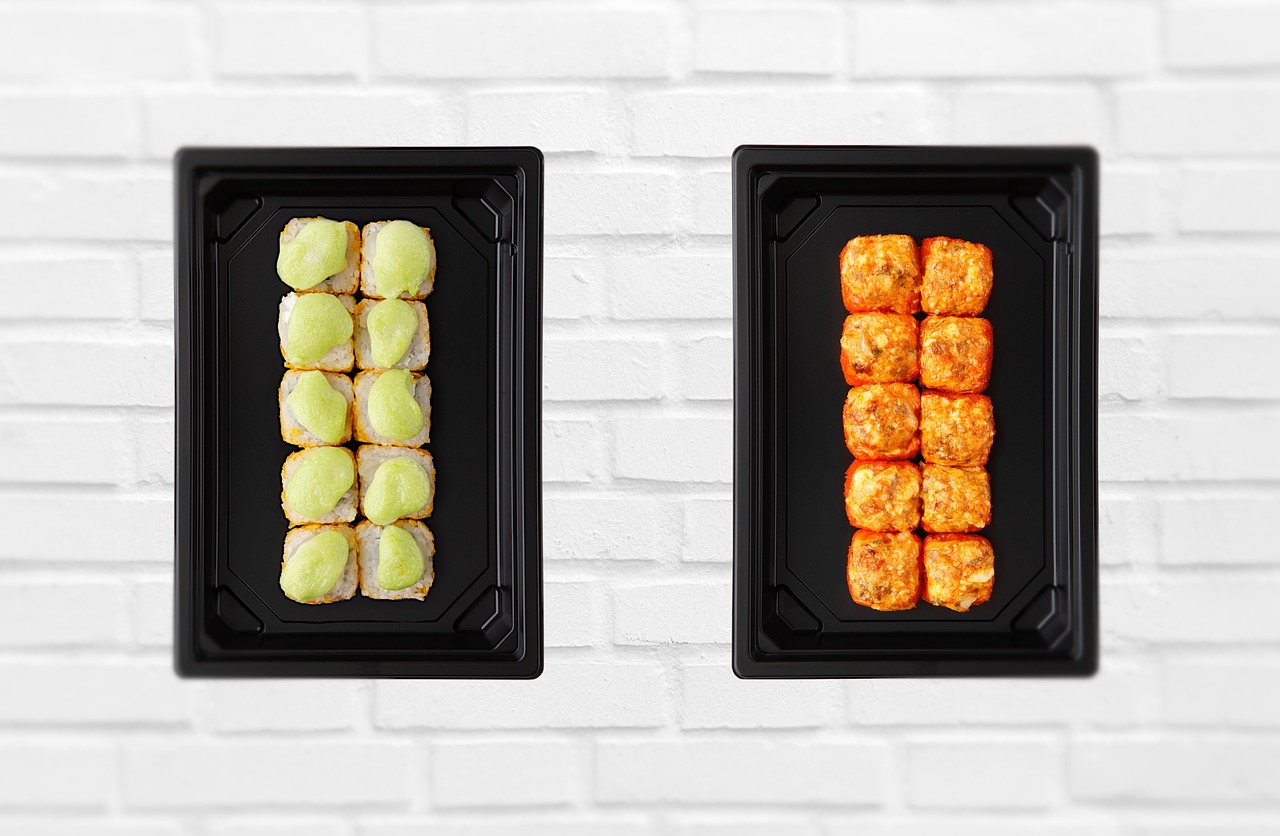The Science of Food Safety: Ensuring Quality from Farm to Fork
One fundamental concept in food safety is the idea of preventing contamination. Contamination can occur through various means such as cross-contamination, improper handling, and poor storage conditions. By implementing proper hygiene practices and following food safety guidelines, the risk of contamination can be significantly reduced.
Temperature control is another crucial aspect of food safety. Ensuring that food is stored, cooked, and served at the correct temperatures is essential to preventing the growth of harmful bacteria. Refrigeration and cooking food to the proper internal temperature are key practices in maintaining food safety standards.
Understanding Microbial Hazards in Food
Microbial hazards in food pose a significant risk to public health, as they can lead to foodborne illnesses. Bacteria, viruses, parasites, and fungi are common types of microbes that can contaminate food and cause infections when consumed. These microorganisms can multiply rapidly in food if not properly handled, stored, or cooked, making it crucial to understand how to prevent their presence and growth.
One key factor in managing microbial hazards is practicing good hygiene during food preparation and cooking. Washing hands thoroughly, cleaning utensils and surfaces, and avoiding cross-contamination between raw and cooked foods are essential steps to minimize the spread of harmful microbes. Additionally, cooking food to the recommended internal temperature and storing perishable items at the correct temperature can help prevent the growth of pathogenic microorganisms.
What are microbial hazards in food?
Microbial hazards in food refer to any harmful microorganisms, such as bacteria, viruses, parasites, or fungi, that can contaminate food and cause illness when consumed.
How do microbial hazards in food occur?
Microbial hazards in food can occur through improper handling, storage, or preparation of food. They can also be introduced through contaminated water, soil, or equipment during the production process.
What are the common symptoms of foodborne illness caused by microbial hazards?
Common symptoms of foodborne illness caused by microbial hazards include nausea, vomiting, diarrhea, abdominal pain, fever, and dehydration.
How can microbial hazards in food be prevented?
Microbial hazards in food can be prevented by following proper food safety practices, such as washing hands and surfaces, cooking food to the proper temperature, storing food at the correct temperature, and avoiding cross-contamination.
Are all microbial hazards in food harmful?
Not all microbial hazards in food are harmful, but it is important to be cautious as some can cause serious illness. It is best to follow food safety guidelines to minimize the risk of contamination.





